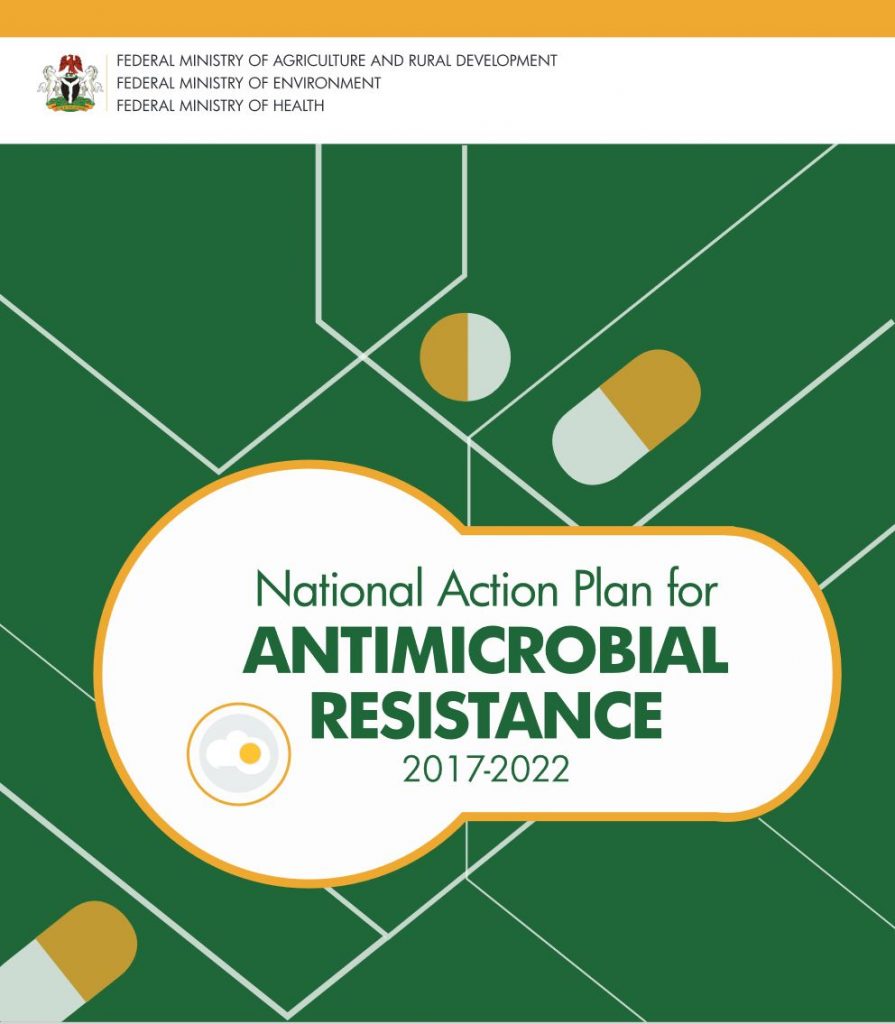
CHSTM Research Seminar: 27 February 2024
Tuesday 27 February 2024, 4pm
CHSTM Seminar Room: Simon 2.57 [maps and travel]
Zoom: tbc
Dr Adedamola Adetiba, University of Huddersfield/CHSTM
Understanding Antimicrobial Stewardship from a Historical Context in Nigeria
Abstract
Antimicrobial resistance (AMR) is seen across global and national scales as a health emergency in need of a robust stewardship strategy. In Nigeria, this includes the monitoring of prescription-only medicines (POM), a decrease in out-of-pocket (OOP) expenses on essential drugs, and sensitization of clinicians and pharmacists (in both public and private sectors) on rational use of antimicrobials. Situational studies on AMR have shown the extent to which the country’s current economic realities impede the actualisation of an effective stewardship programme. Increases in OOP spending have made it extremely difficult to control patients’ use and misuse of antimicrobials and antibacterials. What this means is that the implementation of an effective antimicrobial stewardship programme is tied strongly to a major health reform where health expenditure shifts sharply from the private to the public sector. Experts believe a health financing reform that guarantees adequate funding of primary health care and the increase in health insurance coverage could be a natural fix for the AMR crisis.
Against the backdrop of a global surge in antimicrobial resistance, this historical study explores milestones in the buildup towards the development of antimicrobial stewardship practices in Nigeria. Some of the antibiotic stewardship initiatives date to the 1980s when the first comprehensive national health policy and national drug programme was launched. Both policies introduced new episodes of contestations between rational physicians and public health specialists in one camp and pharmaceutical associations and businesses in the other regarding the control of essential drugs circulating in the country’s drug market. We can read from these policies and the series of conversations around them that officials and experts in national health ministries, departments, and agencies were on a conscious campaign to rupture age-long enthusiasm in the public for foreign essential drugs, especially antibiotics.
In Western contexts, campaigns for the rational use of antibiotics were also turbulent and characterised by struggles between scientific rationality and economic imperatives. Enthusiasm for antibiotics in Europe and America was intensified by economic priorities in big agriculture, nutrition, and human health which hampered effective regulation. The end of this struggle was the rise of a strong therapeutic reform movement orchestrated by “therapeutic rationalists” consciously expelling old unscientific notions and ensuring clinicians, pharmaceutical marketers, clinical investigators, medical associations, and government institutions are guided by proof while prescribing and dispensing antibiotics. In non-Western settings, this trajectory took off much later. In this study, I argue that the struggle towards the rational use of antibiotics was strongly influenced by local domestication and contestation of globally configured notions of drug safety and equitable access to healthcare.
Take a look at the CHSTM Research Seminar Programme
Seminar Convenors: Professor Ian Burney and Dr Neil Pemberton






0 Comments